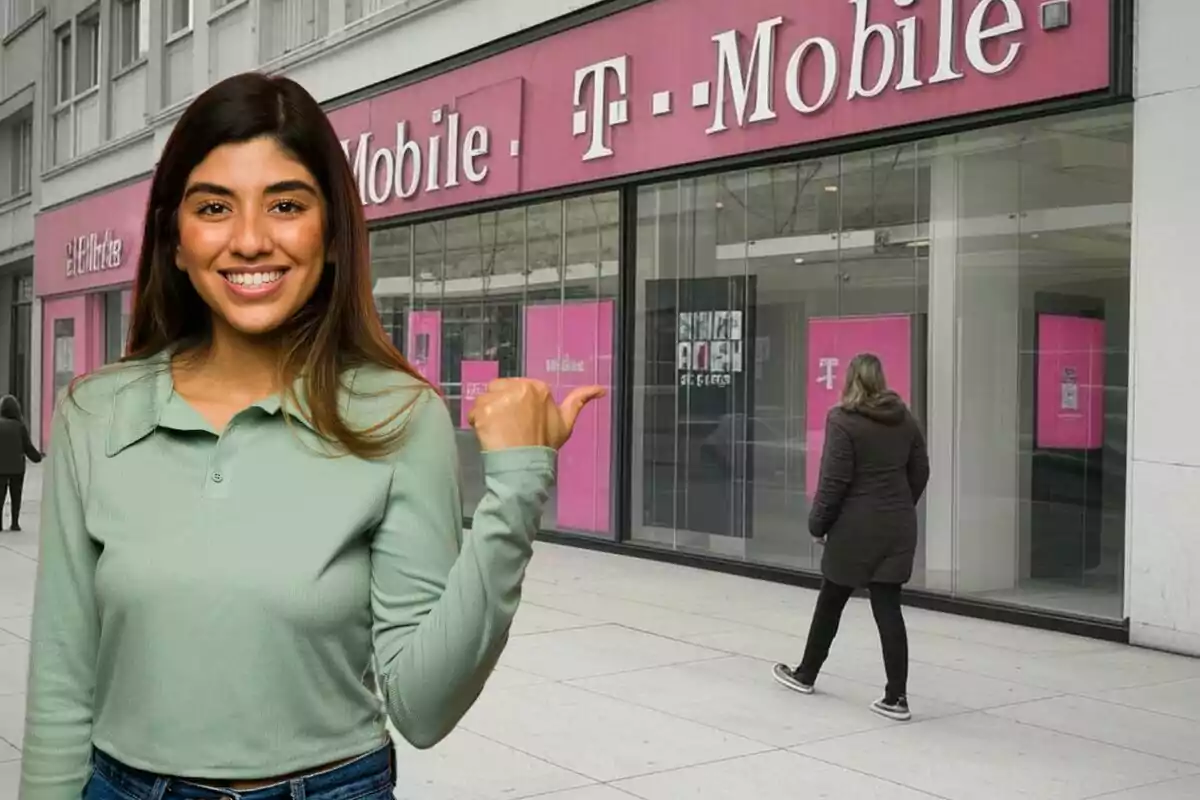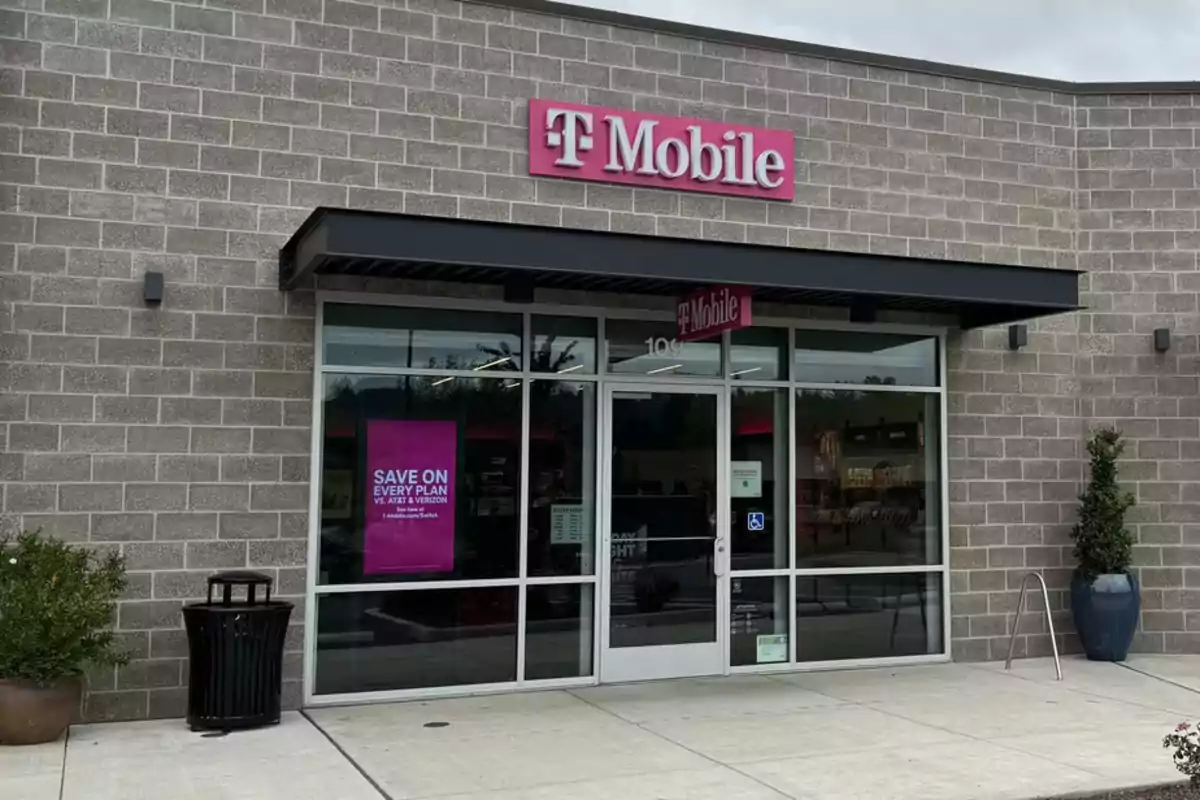
Nothing is as it seems at T-Mobile: they drive Verizon crazy with this move
T-Mobile launched a promotion that the competition didn't like at all, now they must provide explanations that convince
T-Mobile is once again at the center of controversy, and this time it has managed to irritate its main rival, Verizon. It all started with an advertising campaign where T-Mobile claimed that Verizon customers could save up to 20% by switching carriers.
At first glance, the promise seemed very attractive. Especially at a time when many consumers are looking to reduce their monthly expenses. But as often happens, sometimes you have to pay attention to the details.
T-Mobile was trying to capture Americans' attention
T-Mobile's claim wasn't entirely clear. While they promoted significant savings, they didn't specify that this 20% included additional benefits like free streaming services.

That is, the discount wasn't based solely on a lower plan price. It was calculated by adding the value of subscriptions to platforms like Netflix or Apple TV+, included in some plans.
This approach wasn't well received by Verizon, which quickly filed a complaint with the National Advertising Division (NAD). This is an organization that oversees the truthfulness of advertisements in the United States. After reviewing T-Mobile's promotional materials, the NAD concluded that the messages could lead consumers to a misleading interpretation.
The carrier assured that it had made changes to its ads to clarify the origin of the 20% savings. However, the NAD considered that these adjustments weren't sufficient. According to the organization, most consumers don't expect third-party services to be included in a direct price comparison between mobile plans.
Therefore, the main message remained confusing. Another critical point was the lack of clarity in the fine print. The details about the minimum number of lines required and the additional costs related to the included services weren't easily visible.

For the NAD, this increased the risk of consumers making poorly informed decisions. Faced with this situation, it recommended that T-Mobile stop using the 20% savings claim in its advertising campaigns. However, T-Mobile isn't willing to back down.
The company expressed its disagreement with the decision and announced that it will appeal the ruling to the National Advertising Review Board (NARB). This is the body that handles appeals in such cases.
A dispute between carriers
This dispute between T-Mobile and Verizon highlights a common problem in the mobile phone industry: the lack of transparency. In a market where consumers are already tired of hidden fees and unclear conditions, such strategies only increase distrust.
For many users, the ideal would be for companies to be more honest in their campaigns. Instead of using eye-catching figures that later require a complex explanation, they should focus on providing clear and direct information.
More posts: